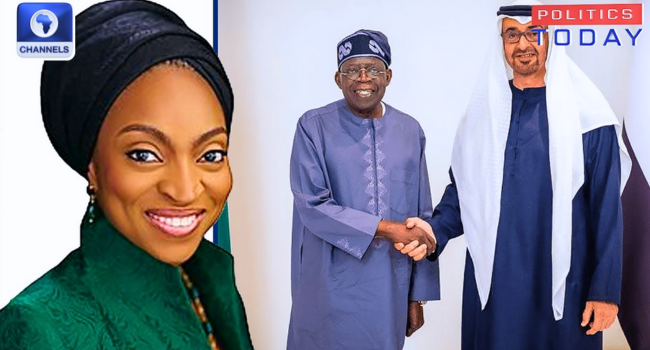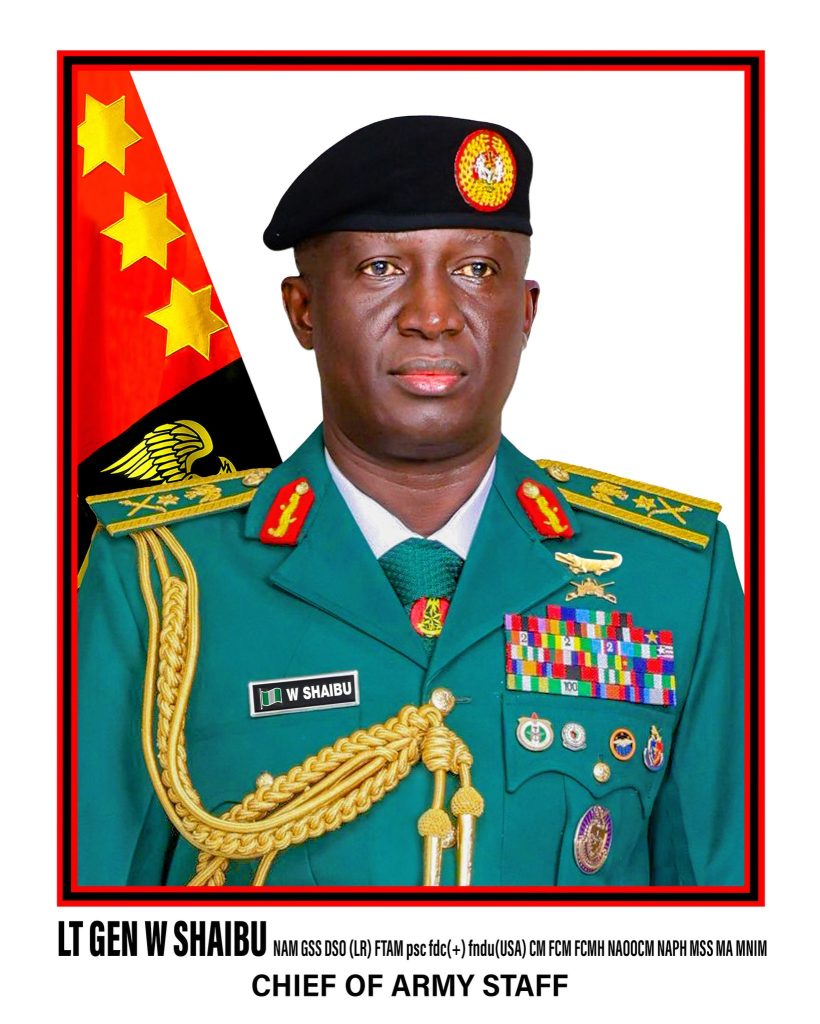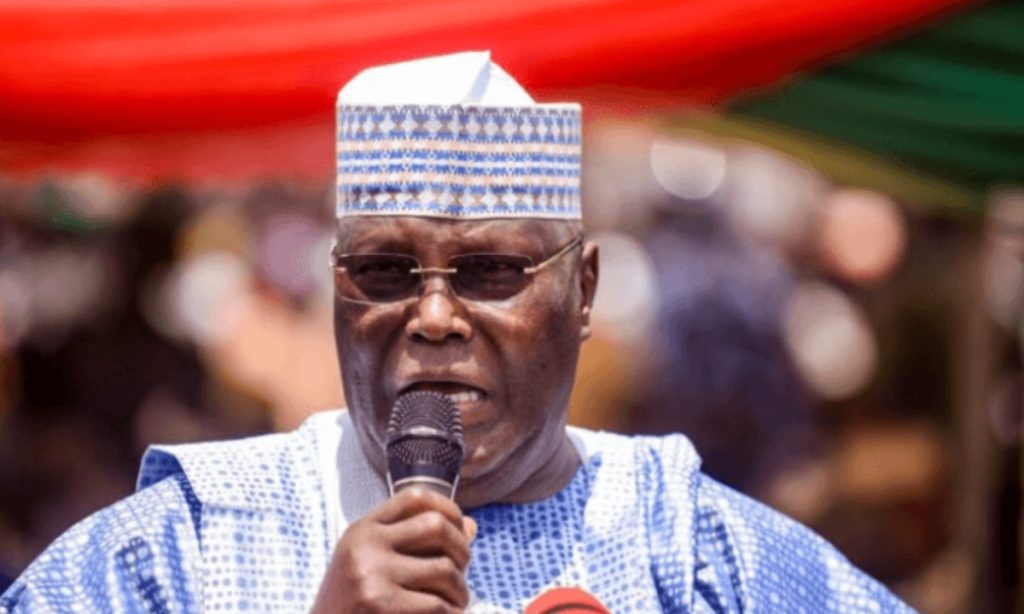Climate talks at the COP30 summit in Brazil have extended into the night as hosts push for a breakthrough in negotiations. Following a challenging first week, Brazil set a deadline for nations to finalize a significant part of the negotiations by Tuesday evening for approval the following day. COP30 President Andre Correa do Lago acknowledged the difficulty of the task, stating that “it’s super difficult, as you know… but all involved thought that it’s worth a try.”
The negotiations have been hindered by deep divisions among countries on key issues, including weak climate commitments, insufficient financial pledges, and trade measures. China and India are leading a push for COP30 to adopt a decision against unilateral trade barriers, specifically targeting the European Union’s Carbon Border Adjustment Mechanism (CBAM). The CBAM, which targets imports of carbon-intensive goods, has been tested since 2023 and is set to become fully operational in 2026.
The European Union’s climate commissioner, Wopke Hoekstra, has defended the CBAM as “something that we need,” while China’s COP30 delegation head, Li Gao, has called for nations to “avoid the negative impact of, for example, geopolitical unilateralism or protectionism.” EU and Chinese officials were due to hold talks later on Monday to discuss the issue.
UN climate chief Simon Stiell has urged negotiators to tackle the hardest issues quickly to avoid going into overtime at the summit’s close on Friday. “When these issues get pushed deep into extra time, everybody loses. We absolutely cannot afford to waste time on tactical delays or stonewalling,” he said. The COP30 presidency published a memo on Sunday evening summarizing the divergent viewpoints and proposing options.
Money is again at the heart of the negotiations, with developing countries seeking more financing to help adapt to climate change and cut emissions. The issue of fossil fuels is also a major point of contention, with host nation Brazil wanting COP30 to send an ambitious signal on transitioning away from fossil fuels. However, it remains unclear what form this might take, given fierce opposition from major oil-producing nations.
Brazil’s Vice President Geraldo Alckmin has urged ministers to agree to “integrated action plans” for transitioning away from fossil fuels, stating that “Brazil is committed to combating climate change.” The outcome of the negotiations remains uncertain, but the significance of the talks cannot be overstated, as the world struggles to limit warming to 1.5°C and mitigate the effects of climate change.



